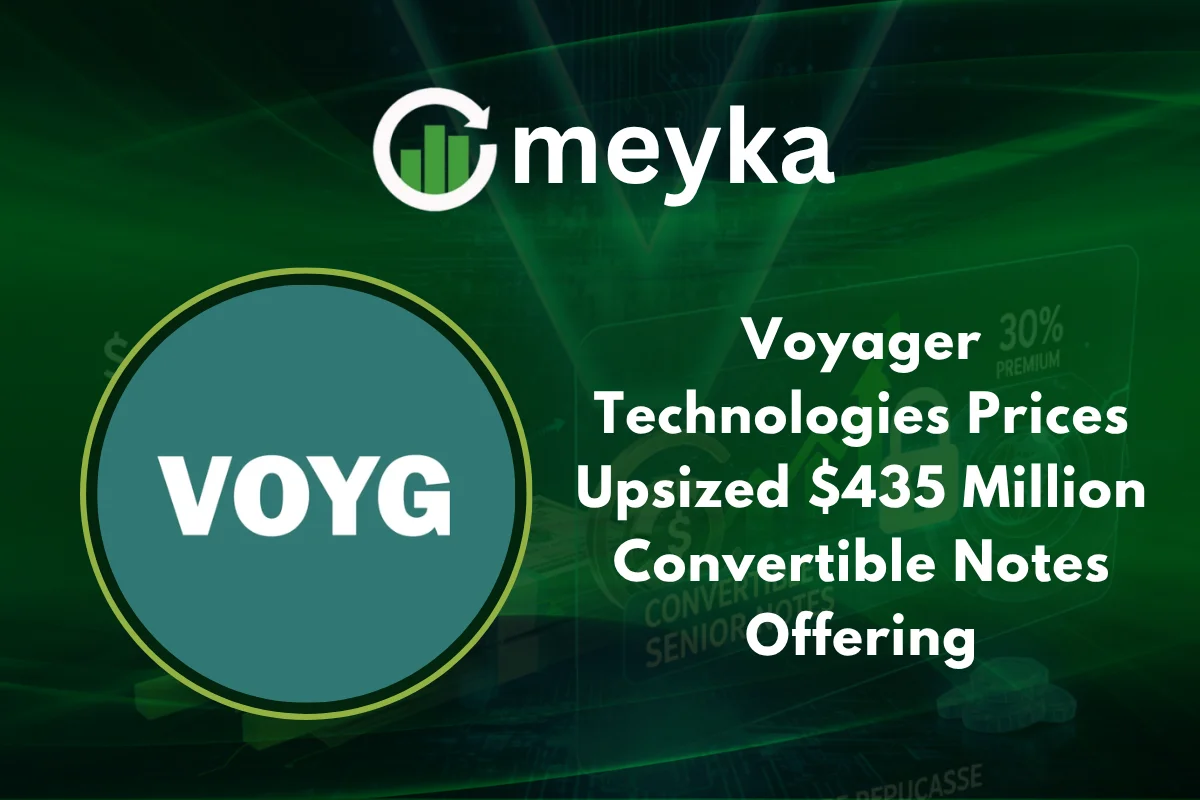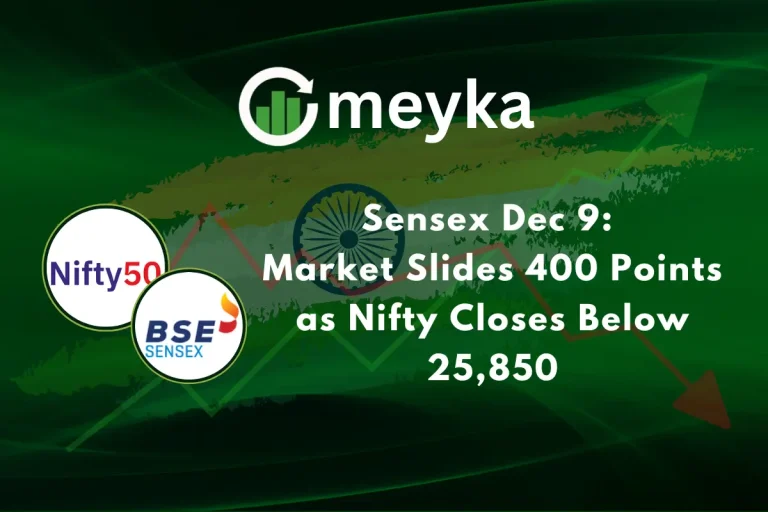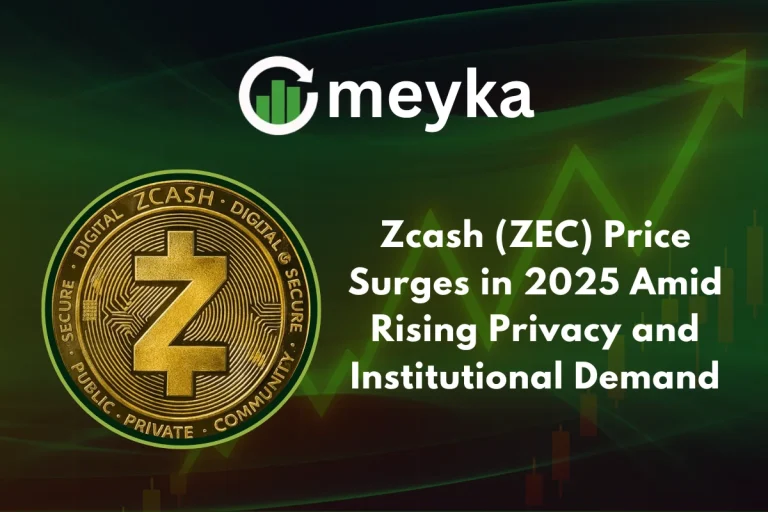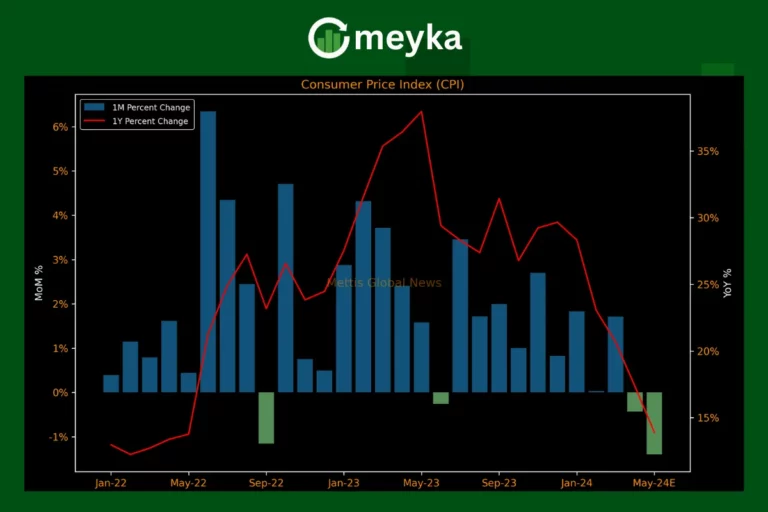Voyager Technologies Prices Upsized $435 Million Convertible Notes Offering
Voyager Technologies, Inc. (NYSE: VOYG) has taken a major step to bolster its finances by pricing an upsized convertible senior notes offering of $435 million. The company originally targeted $300 million but increased the size amid heightened investor demand.
Continue Reading on Meyka
This article is available in full on our main platform. Get access to complete analysis, stock insights, and more.
Read Full Article →





